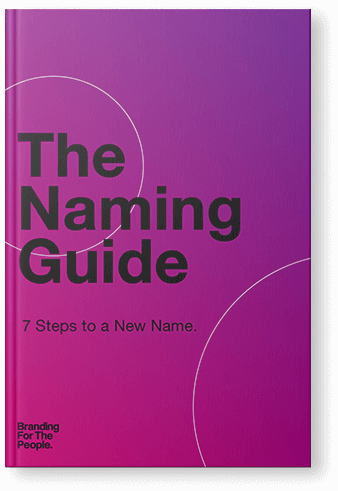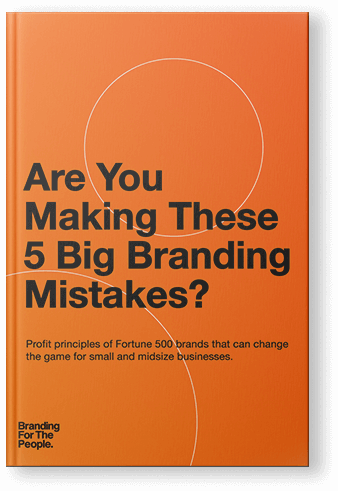Open up your browser and type in Facebook – according to PERFORMICS, this is where you will find your consumers and over 50% of them prefer using social media over their phone or email when communicating with their friends.
Marketers all over the world agree that social media is now an essential part of any business. In a study made by the SOCIAL MEDIA EXAMINER, it revealed that a staggering 94% of marketers use social media as part of their marketing activities, of which 83% say that social media is important to their business.
Using social media as a vital part of the marketing campaign has many benefits. Of all the marketers surveyed by the Social Media Examiner, 85% agree that by using social media, they have generated more exposure for their businesses. The second major benefit, which 69% pointed out, was increasing traffic, followed closely by 65% of marketers that said they used social media to gather market intelligence. Social media can also be used to build a businesses’ brand, enhance its reputation and for managing customer services. Social media marketing is cheaper and less time-consuming than many other marketing activities. When applied correctly it can yield great results – no matter how big or small your business is.
SHOULD ALL BUSINESSES USE SOCIAL MEDIA?
The first thing that marketers or business owners should do before they delve into social media is to make sure that they understand the target audience – where are the consumers and how can they connect with them? What do they hope to gain from their participation?
In the same study made by Performics, it found that some types of businesses are more “liked”/”followed” than others on social media networks. Over a third of all respondents said they “liked” entertainment, restaurant, food, celebrities and apparel businesses on social media. This means that if you are in one of these businesses, you should try to engage more with your audiences on these platforms. However, this doesn’t mean that other types of businesses should not use social media; rather, they should find where their costumers are and engage with them.
There are, however, situations where marketers might be better off not using social media. When a business does not have the necessary resources, mainly time, knowledge or the money to hire an outside expert, it might be best not to use social media at all. It might be more useful to just focus on a single platform. When using Facebook, Twitter etc. it is very important to know what to say, when to say it, and most importantly, to be consistent. If a business’s social network account is left unattended for a long period of time, this can have negative repercussions on a brand’s image. As reported by THE GUARDIAN, a survey made by Business Network International found that “75% of business owners have ‘put off’ a particular company due to their poor use of social media”.
When it comes to the different social media platforms, there are five main networks used by marketers in this order: Facebook, Twitter, LinkedIn, blogs and YouTube. YouTube is one of the most efficient social media platforms, when it comes to marketing. However, it is not for everyone and that is why it is not used by more marketers – if you are not prepared to spend the money necessary to make a successful viral video, it might be best not to use it at all, as it might have the opposite intended effect, and damage your company’s reputation. When devising the marketing strategy, it should be taken into consideration that many people use more than one social media platform – it is important to BE where your audience is, in order to have a successful strategy. When this is the case, marketers should be careful not to put the same posts on different platforms, as some people might be “put-off” by this and “unlike” or “un-follow” their pages.
Marketers should also be prepared to use social media seven days a week, all year long. Some people are more active during the weekend and in the evenings, when they are not at work or school and are more prepared to interact on social media networks. However, many companies don’t have the resources to do this, which could give the businesses that are prepared to do this a competitive advantage when it comes to their consumers’ attention.
When it comes to posting on social media, often times less is more. If consumers are bombarded with posts, they might get annoyed and “unlike”/”un-follow” the page. Posts should also be short and concise, as many might not be willing to spend too much time reading a company’s posts. While all of this might sound easy to do, marketers should consider the fact that social media requires their constant attention. In order to be effective – one must be prepared to respond to comments and manage customer service, as well as post regularly. This means that a company should either delegate an in-house marketer to deal exclusively with social media. Better yet, why not hire a social media professional?







